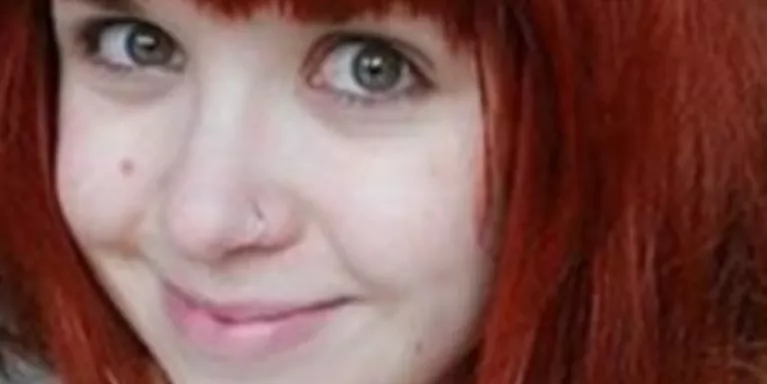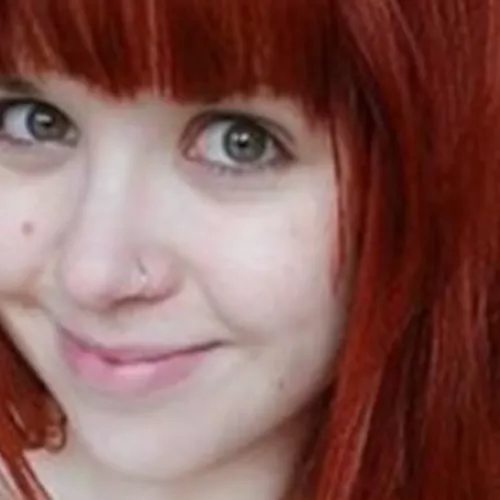Borderline personality disorder (BPD)
Explains borderline personality disorder (BPD), also known as emotionally unstable personality disorder (EUPD). Includes what it feels like, causes, treatment, support and self-care, as well as tips for friends and family.
View this information as a PDF (new window)
What treatments can help?
This page covers:
Talking therapies
Talking therapies are thought to be the most helpful treatment for BPD, although more research is needed into the types of treatments that are most effective.
The National Institute for Health and Care Excellence (NICE) – the organisation that produces guidelines on best practice in health care – suggests that the following kinds of talking treatments may be helpful:
- Dialectical behaviour therapy (DBT) – uses individual and group therapy to help you learn skills to cope with difficult emotions. So far, NICE has recommended this treatment for women with BPD who often self-harm, and it's also thought to be helpful for other groups. See our pages on DBT for more information.
- Mentalisation-based therapy (MBT) – aims to help you recognise and understand your and other people's mental states, and to examine your thoughts about yourself and others. You can read more about MBT for DBT on the NHS website.

My DBT journey
I see a future for myself now that I didn't see before the therapy.
NICE says that other types of talking therapy could potentially be helpful too, including:
- Cognitive behavioural therapy (CBT) – aims to help you understand how your thoughts and beliefs might affect your feelings and behaviour. See our page on CBT for more information.
- Cognitive Analytic Therapy (CAT) – combines CBT's practical methods with a focus on the relationship between you and your therapist. This can help you look at how you relate to people, including yourself, and what patterns have developed for you.
- Other talking therapies – such as schema-focused cognitive therapy, psychodynamic therapy, interpersonal therapy or arts therapies. See our pages on talking therapies and arts and creative therapies for more information.

Mentalisation-based therapy
I identified with 3 strangers in a way that I had never been able to with anyone else. Ever.
Therapeutic communities
Therapeutic communities are specially designed programmes where you work with a group of other people experiencing mental health problems to support each other to recover. You might live together some or all of the time, or meet up regularly.
Activities can include different types of individual or group therapy, as well as household chores and social activities. The Consortium for Therapeutic Communities provides a directory of therapeutic communities in the UK.
I've educated myself about emotions. I've learned from books, therapy, psychologists, friends. The most important thing is that it's never too late to learn.
Medication
NICE doesn’t recommend using medication to treat the ongoing symptoms of BPD. This is because there aren't any drugs that are known to be effective.
But we know that in practice doctors often do prescribe medication for people diagnosed with BPD. This could include antidepressants, antipsychotics or mood stabilisers.
You might also take this medication for other mental health problems you’re experiencing. Or you may be given medication to help you manage specific symptoms.
In a crisis situation, your doctor might prescribe you a sleeping pill or minor tranquilliser to help you feel calmer. But they shouldn’t prescribe these for longer than a week.
Your doctor should give you information about any drug you take. This information should be in a format that you can access and understand. They should also give you regular check-ups to review your medication. So if this isn’t happening and you'd like to talk about your medication, make an appointment to discuss it with your doctor.
I've found the right medication regime for me and try to keep my life structured. It's not easy, but recovery is possible.
How can I get treatment?
To get treatment on the NHS you should visit your GP, who can refer you to your local community mental health team (CMHT) for an assessment.
If you receive NHS treatment, it should be in line with NICE guidelines. These say that:
- Anyone with possible BPD should have a structured assessment with a specialist in mental health before being given a diagnosis.
- You should have a say in the type of treatment you're offered. If you're not getting the type of treatment you think would most help you, it could help to talk to an advocate.
You can read the full guidelines and additional recommendations for BPD in English or Welsh on the NICE website.
Can I go private?
Waiting times for talking treatments on the NHS can be long. And specialist services aren't always available on the NHS. Because of this, you may consider going private. Unfortunately, this can be expensive so may not be possible.
Some private therapists offer a sliding scale of payment though, depending on your circumstances. So it may be worth checking their website or contacting them to see if this is something they can do. See our page on private sector care for more information.
I was helpless and hopeless for a long time. But when I finally got my head around the fact that only I could make a difference and that there was no magic wand, something clicked.
Where else can I get support?
Treatment for BPD can be very limited and may vary depending on your circumstances. If you're struggling to access the support you need through the NHS, it might be worth looking into charities or other third sector organisations. For example:
- Your local Mind may be able to help or suggest other local services. See our page on third sector services for more information.
- You could consider trying peer support. This could be through an online community, like Mind's Side by Side. Or through a local support group.
For advice on what to do when you're struggling to access the support you need, see our page on facing barriers to seeking help.
It began changing when one hospital said there was a way forward, that I didn't have to feel so broken forever. It wasn't plain sailing, but realising there was hope and that other people had gone on to achieve amazing things inspired me.
This information was published in September 2022. We'll revise it in 2025.
References and bibliography available on request.
If you want to reproduce this content, see our permissions and licensing page.














